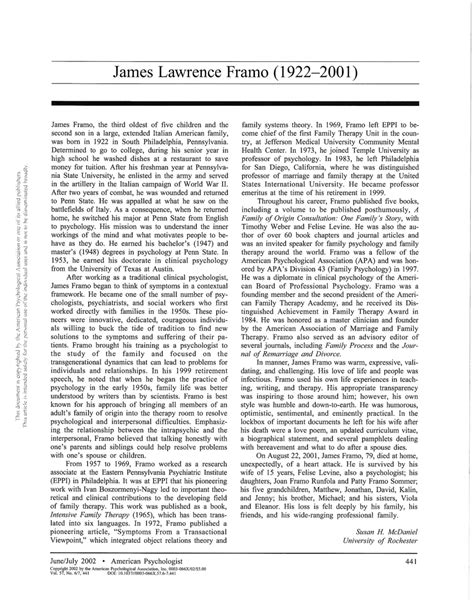A Quote by David Brooks
People tend to marry people with similar-width noses, eyes similarly apart, with complementary immune systems.
Related Quotes
When you look at biology, look at the natural world, the roles of a male and a female in society, and other animals, the male typically is the dominant role. The female, it’s not antithesis, or it’s not competing, it’s a complementary role. We as people in a smart society have lost the ability to have complementary relationships in nuclear families, and it’s tearing us apart.
To get a person's real opinion, ask what she thinks everyone else believes... If people truly hold a particular belief, they are more likely to think that others agree or have had similar experiences. [People] tend to assume that other people have had life histories at least somewhat similar to their own. When we talk about other people, we are often talking about ourselves, whether we know it ourselves.
People don't think about the fact that when Barack Obama's parents had him - it was illegal for them to be married in several states in this country. So if we start making it okay that certain people can marry and other people can't, it's a slippery slope of civil rights. Who knows who is going to be allowed to marry or not marry next.
Whenever the immune system deals successfully with an infection, it emerges from the experience stronger and better able to confront similar threats in the future. Our immune system develops in combat. If, at the first sign of infection, you always jump in with antibiotics, you do not give the immune system a chance to grow stronger.
In fact, most of the time, people with similar information, similar beliefs and similar apparent choices will choose similar actions. So if you want to know why someone does what they do, start with what they know, what they believe and where they came from. Dismissing actions we don't admire merely because we don't care enough to have empathy is rarely going to help us make the change we seek. It doesn't help us understand, and it creates a gulf that drives us apart.
I kept thinking about how ironic it is how people who live in places where there is diversity tend to love it - and the people that don't live in particularly diverse places tend to be the ones attacking it. In a way, that's similar to music, which is essentially the art of bringing things together.


































